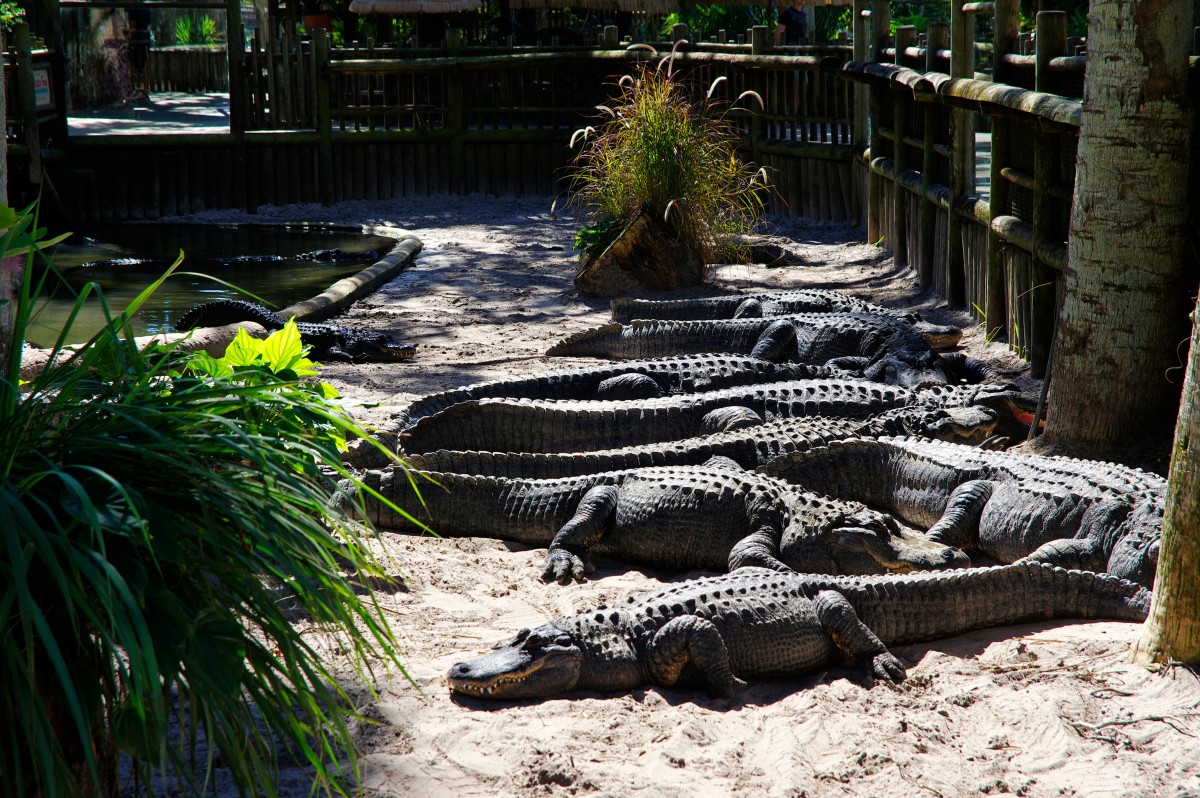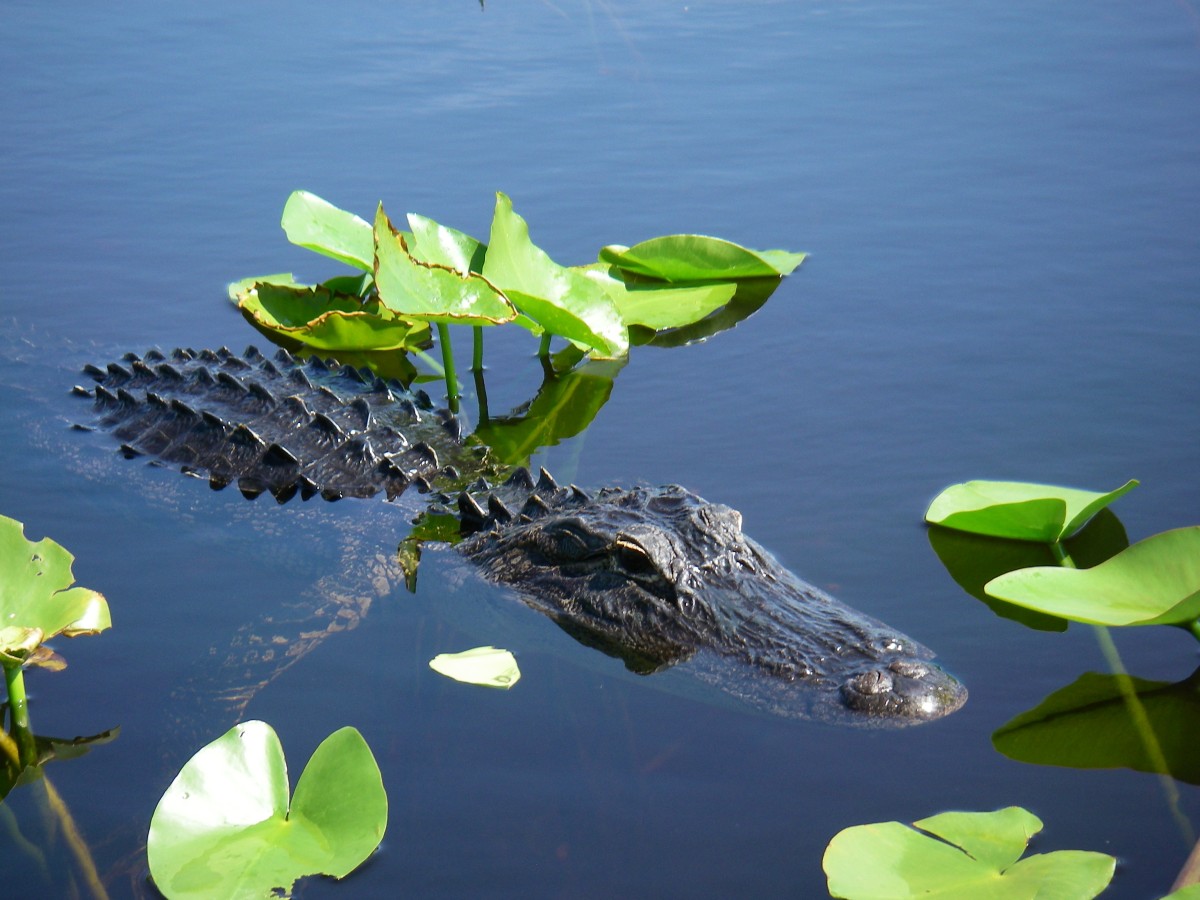 One of the primary concerns of designers, consumers and others engaging with the leather industry is ensuring the ethics and sustainability around the products we produce and use. Very early on, PanAm Leathers established ethical and sustainable sourcing as a key value of our business and a way to differentiate ourselves. For that reason, we source our exotic skins from both farmed and wild sources. For a variety of reasons, maintaining a balance enables us to consider all the impacts of our industry. While both farmed and wild sources generate meat and contribute to conserving the species, the impact on animal experience and ecosystem preservation vary.
One of the primary concerns of designers, consumers and others engaging with the leather industry is ensuring the ethics and sustainability around the products we produce and use. Very early on, PanAm Leathers established ethical and sustainable sourcing as a key value of our business and a way to differentiate ourselves. For that reason, we source our exotic skins from both farmed and wild sources. For a variety of reasons, maintaining a balance enables us to consider all the impacts of our industry. While both farmed and wild sources generate meat and contribute to conserving the species, the impact on animal experience and ecosystem preservation vary.
The Case for Farmed Exotic Skins
Farmed reptiles lead longer, safer, healthier and less stressful lives than they would in the wild. In the wild, animals suffer from predation, famine, drought, extreme weather, untreated disease, and injuries. In contrast, farmed animals, typically, receive ample food and care. Farmed animals are regularly fed a healthy, balanced diet and live in a climate controlled environment. Both air and water are closely monitored for quality and temperatures to keep the animals healthy and growing.
Whereas sick animals in the wild may have the opportunity to spread disease, on a farm, sick or injured animals are isolated and treated. Similarly, larger and more aggressive animals which may pose a predatory threat are separated from the rest of the population. All of these efforts make for the following improvements:
- Higher infant survival rate for farmed animals versus wild animals. For example, approximately 15% of wild alligators make it to 3-5 feet of length; whereas, on the farms, 50-70% of hatchlings survive to this size;
- Reduced stress for farmed animals. Conservation biologists, who use cortisol levels in the animals as the major indicator, monitor animal stress to ensure their well-being and health.
Of course, these results assume the animals are raised on a farm that values doing this right. There are ethical, legal, and business reasons to make sure the animals are well-cared for.
The ethical reasons are obvious. We won’t deal with farms who don’t share these values. From a legal standpoint, states carefully monitor these facilities and farms will lose their licenses to operate (or worse) if they do not comply with the requirements. The business case for taking good care of the animals is the one that is most often overlooked.
First of all, keeping survival rates high means more meat, skin, and parts to merchandise. Secondly, if animals are mistreated, they fight and get sick more often. They don't eat, grow or reproduce as well. This adversely affects the quality of the meat and skin, resulting in much lower prices. Additional investments to properly care for the animals easily pays for itself with higher yields both in count (quantity of meat and skin to sell) and quality (price fetched for the meat and skin).
 The Case for Wild Exotic Skins
The Case for Wild Exotic Skins
As mentioned, both farm and wild programs have a role in maintaining the health and well-being of animal populations. However, in addition to achieving that goal, wild programs are most effective at preserving a healthy habitat.
Animals, plant-life, and humans are all dependent on balanced ecosystems. Animals sourced from the wild are typically sourced from areas deemed to be overpopulated by state wildlife departments and often confirmed by Non-Governmental Organization (NGO) studies. Overpopulation of a certain species in an area can result in the decimation of that animal’s prey and the habitat dependent on the contribution of that prey. Here are a few examples:
The infestation of the Burmese python in the Florida Everglades has resulted in the near complete obliteration of raccoons, opossums, bobcats, marsh rabbits, cottontail rabbits, and foxes there. They also threaten people both in terms of life and livelihood. People are compelled to defend themselves, their loved ones, pets, property, crops and livestock from these predators. And, with no natural predator in that ecosystem, pythons pose a devastating long term threat.
Where beavers are overpopulated, they decimate the food and habitat in a particular area and can literally eat themselves out of house and home. This isn't good for the beavers, but it also affects the deer, moose, ducks, reptiles, etc. that use that same habitat. Along with that, too many beavers in any given area will result in diseases and sicknesses that will eventually destroy entire populations. From an infrastructure standpoint, beavers can be detrimental to roadways, agricultural crops and other animal habitats. They contaminate and dam waterways on which other animals, plants and humans depend on.
State-sponsored wildlife programs monitor and control populations in order to avoid these types of shocks to ecosystems to keep populations of plants, animals and humans in symbiosis. Often, this means a controlled and timed hunt that is meant to control the population of the wildlife in question and to ensure the sustainability of the ecosystem where it, and other animals thrive.
Much like a balanced ecosystem helps wild animals survive and thrive, ensuring a balanced approach to exotic skin purchasing is essential for the industry and the animals it relies upon. For PanAm Leathers, this balanced approach makes sense, but it also reflects the role of ethics in the business place, especially when it comes to animal welfare.
Whether you're in need of contract tanning, leather services, or have questions about products in our shop, contact us today , and let us help you turn exotic leathers into beautiful products.


